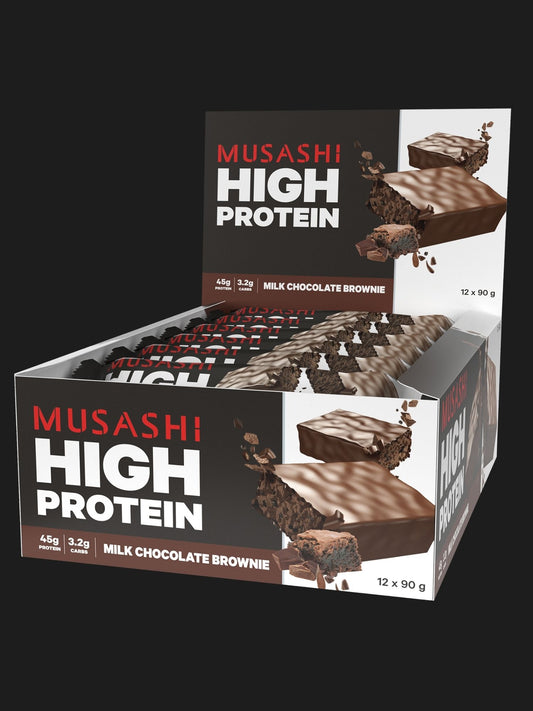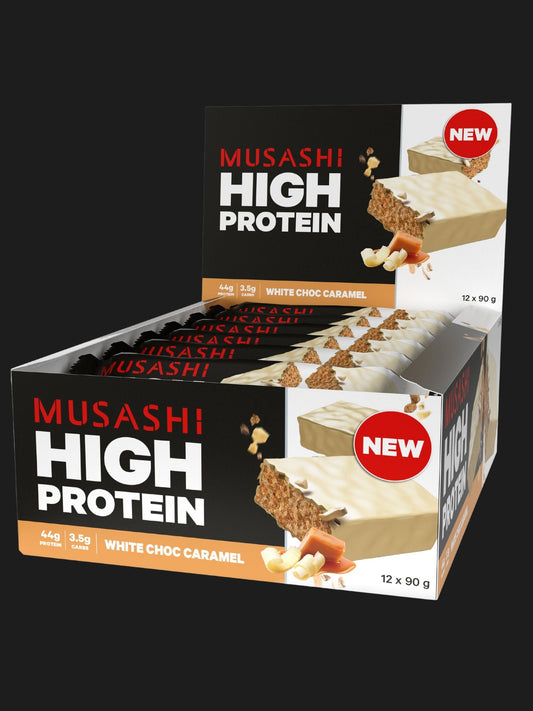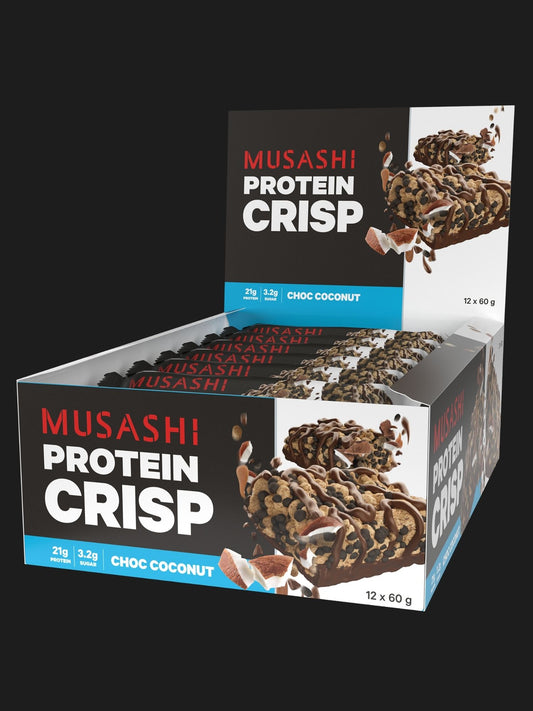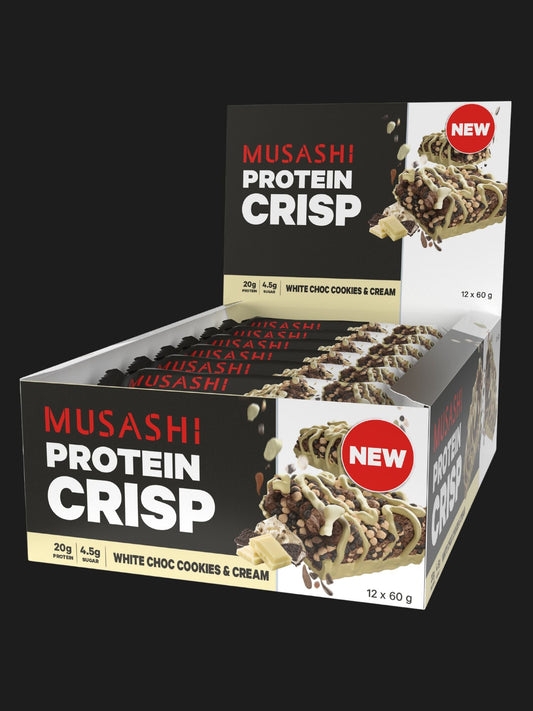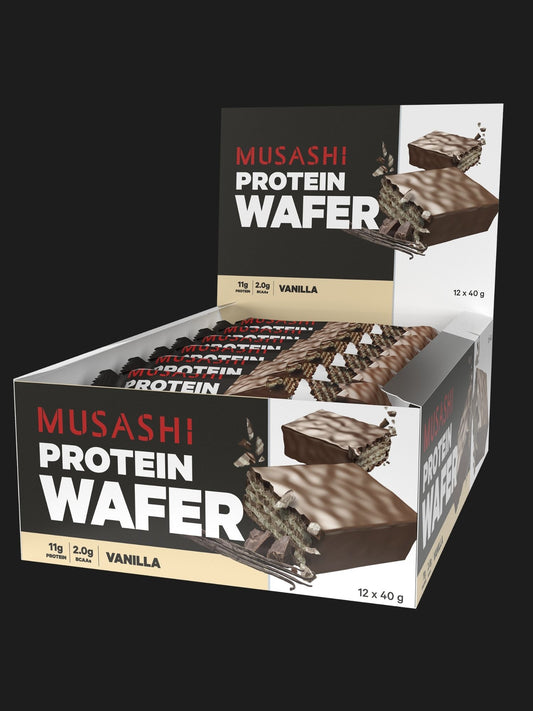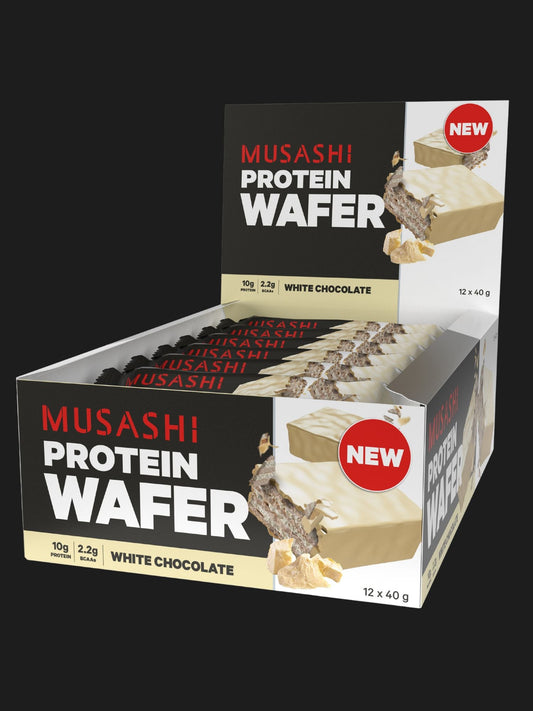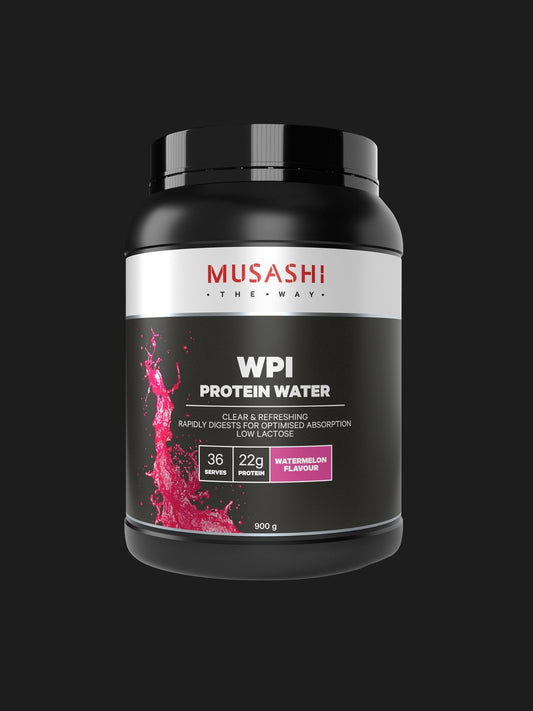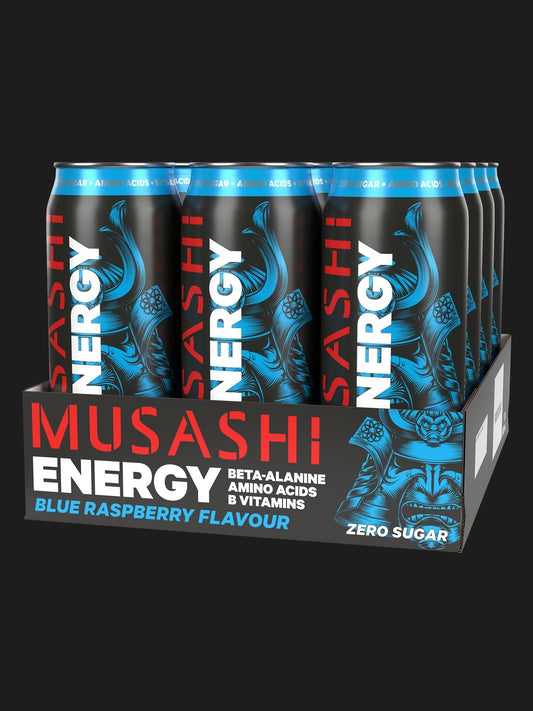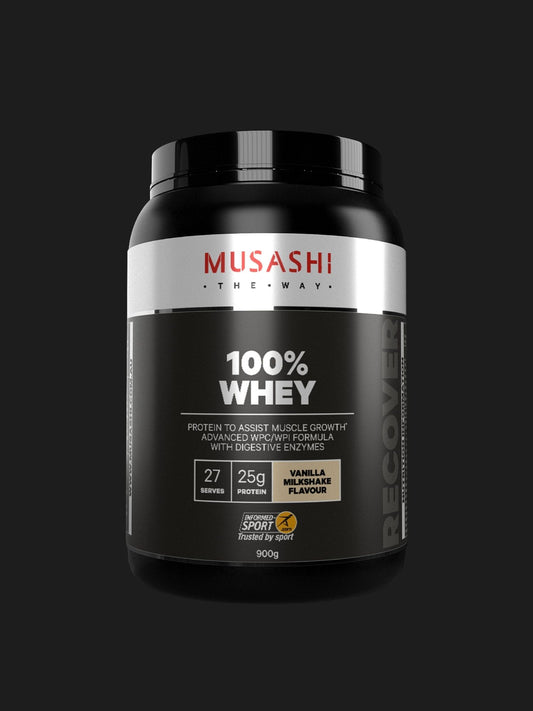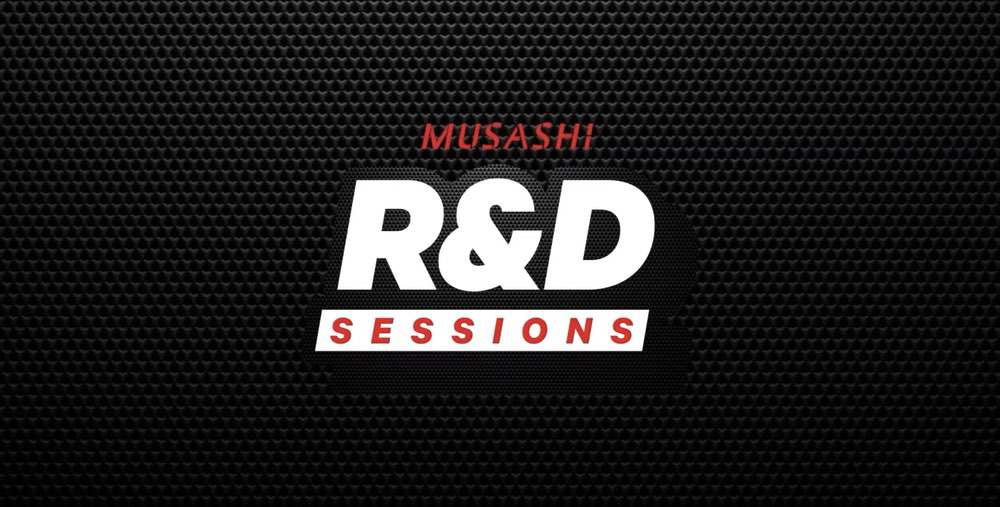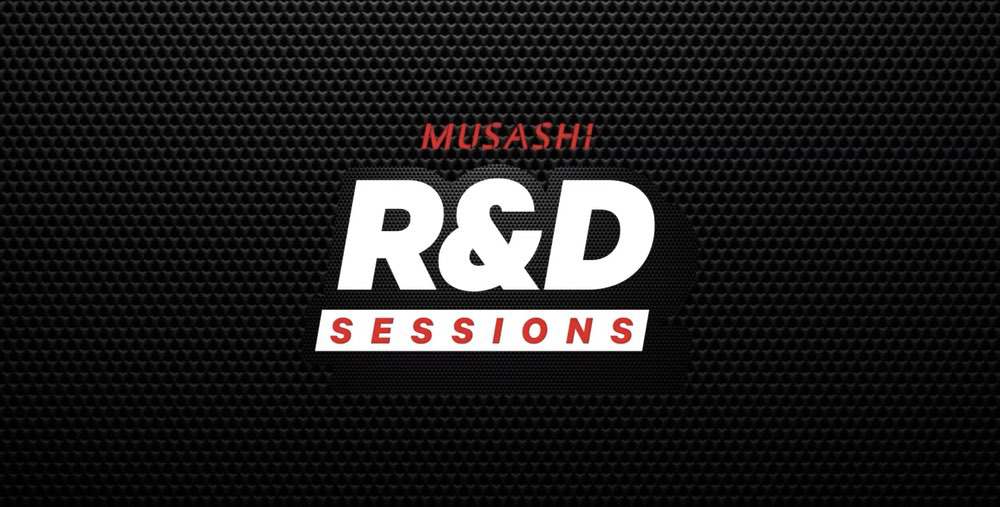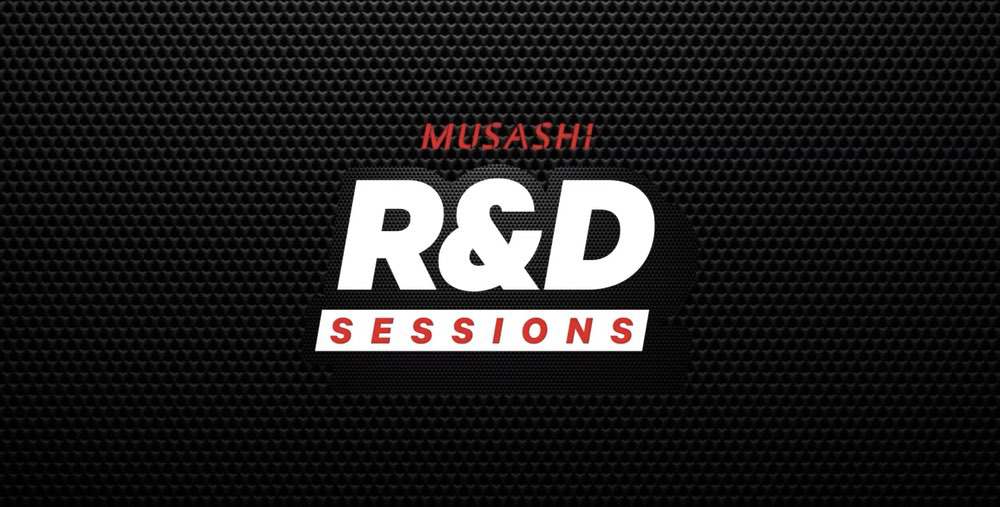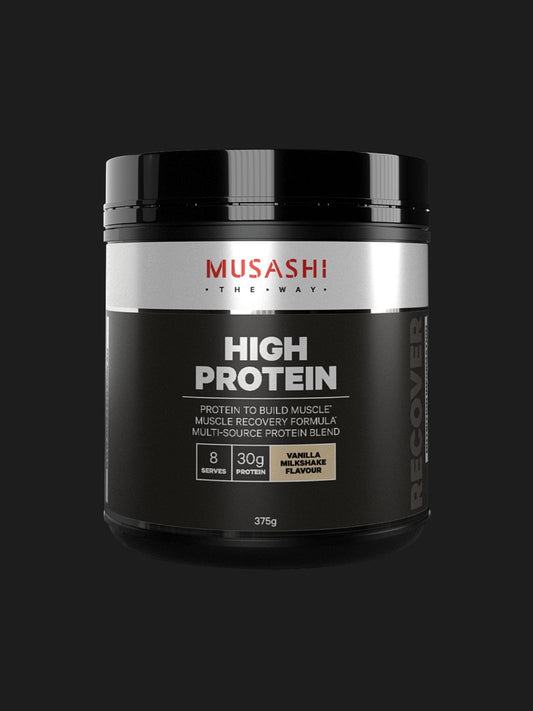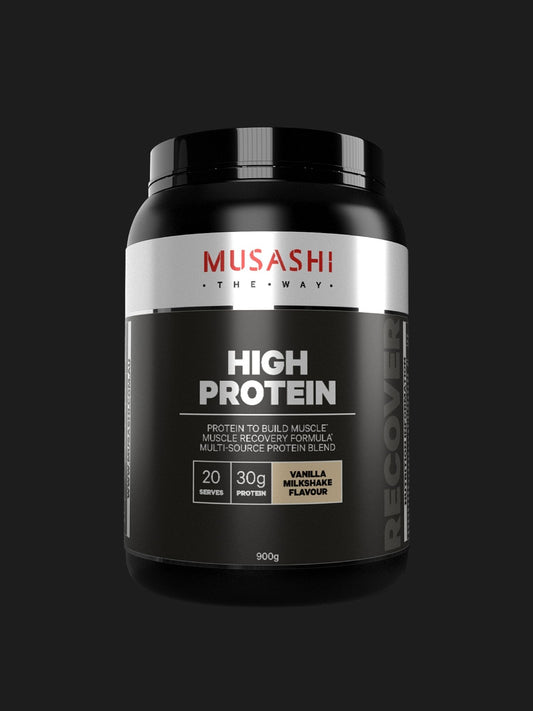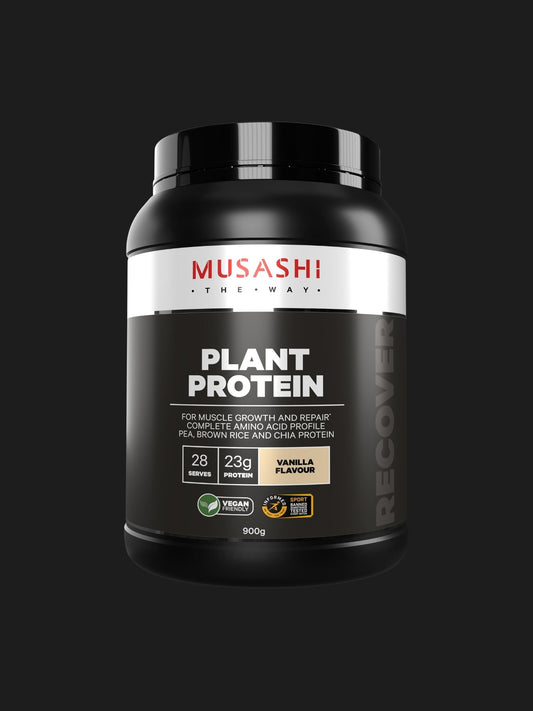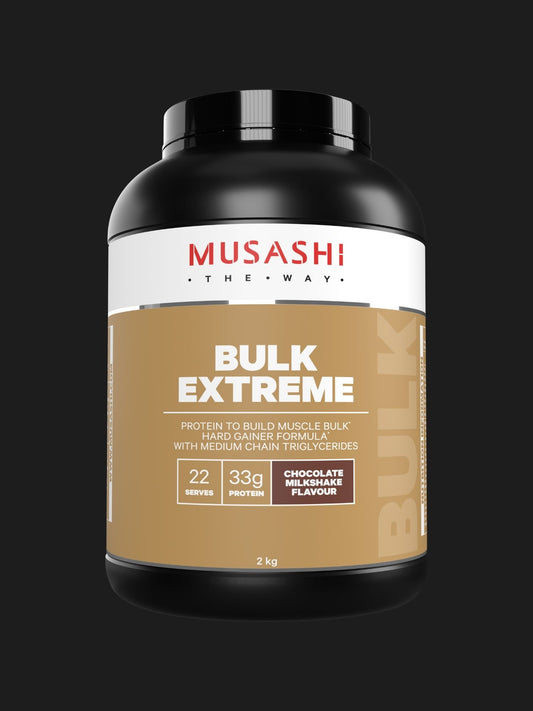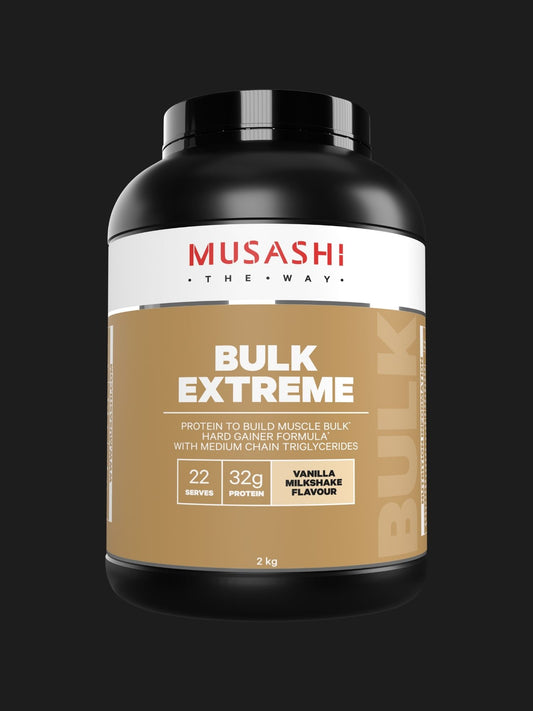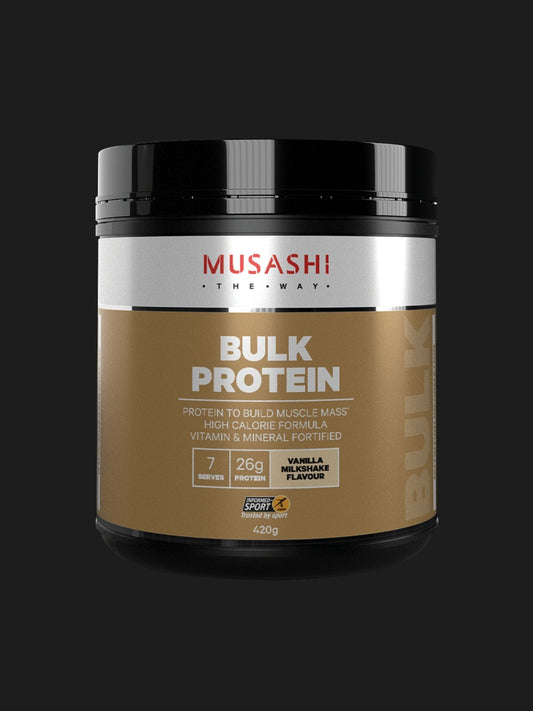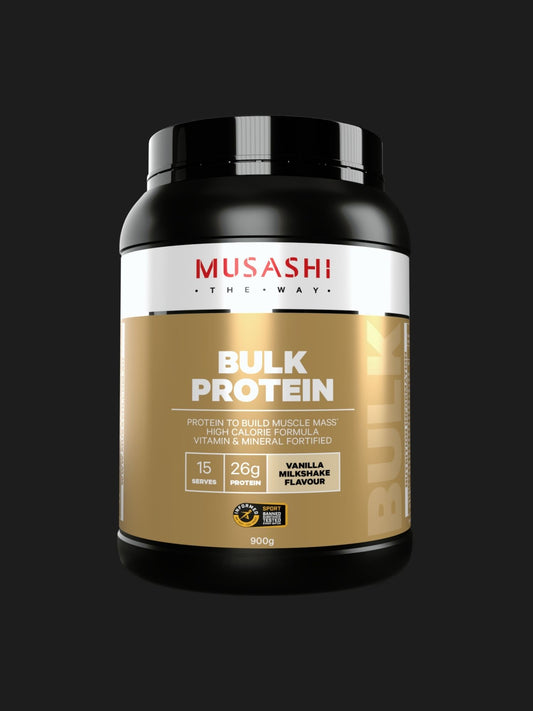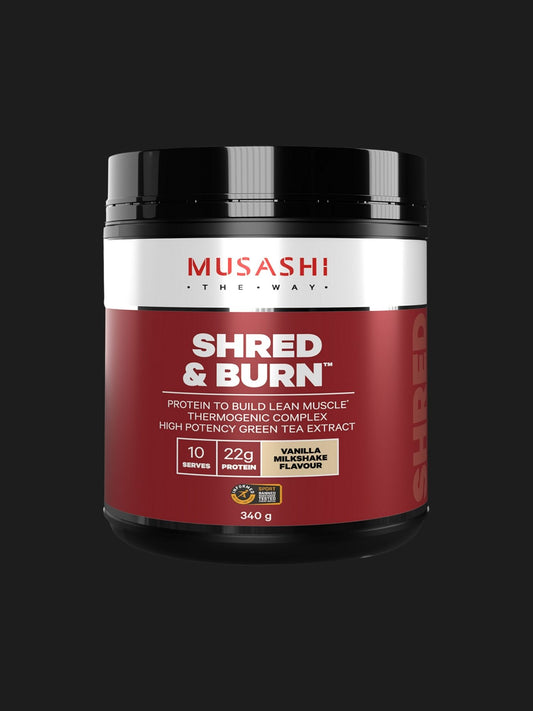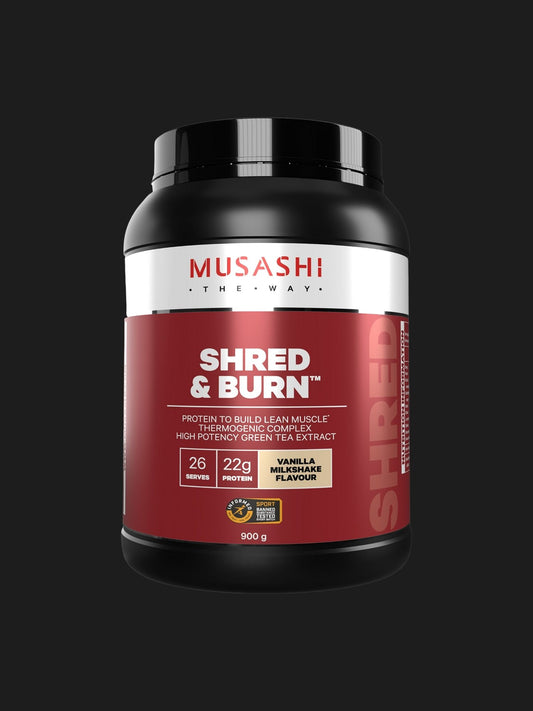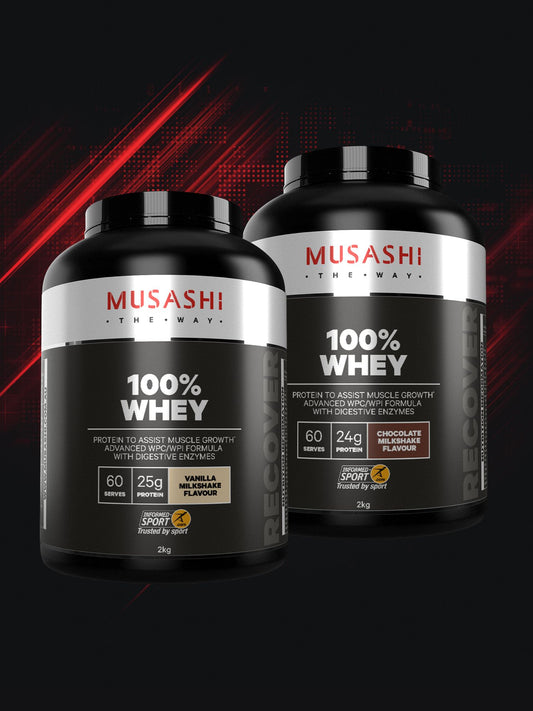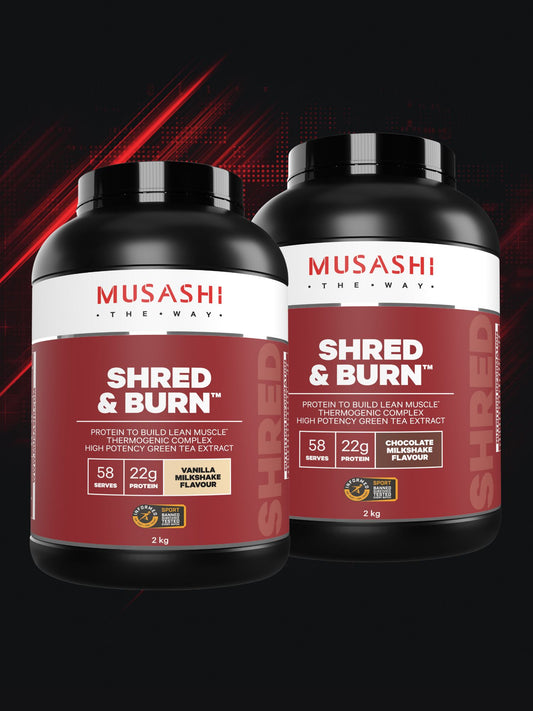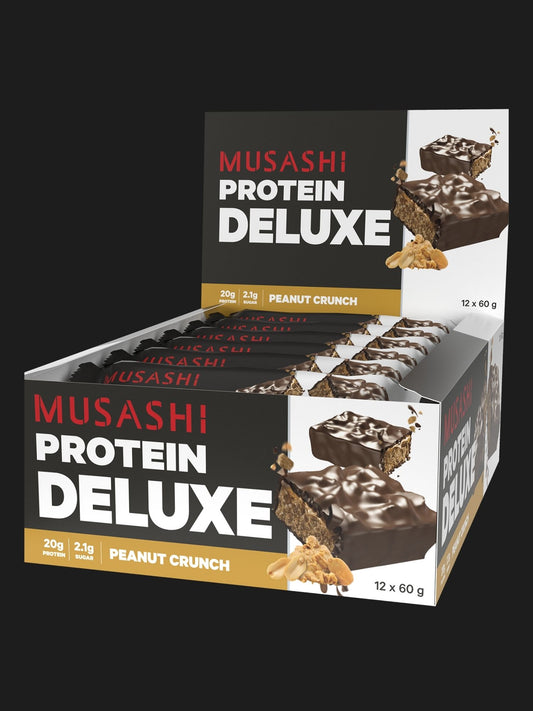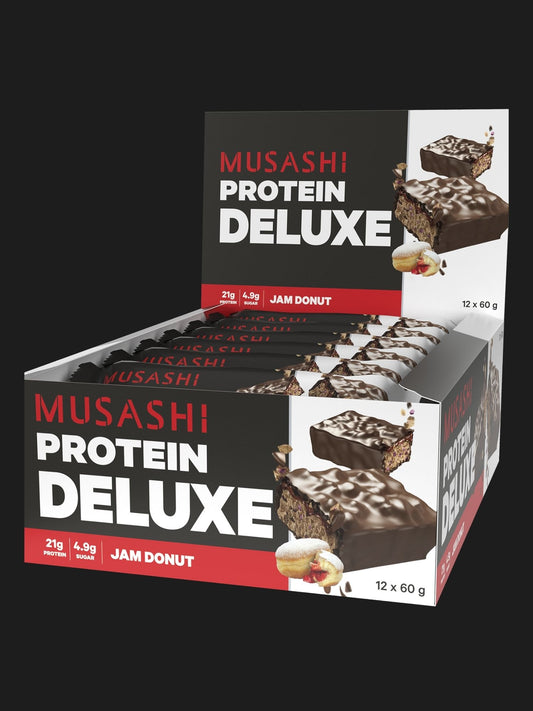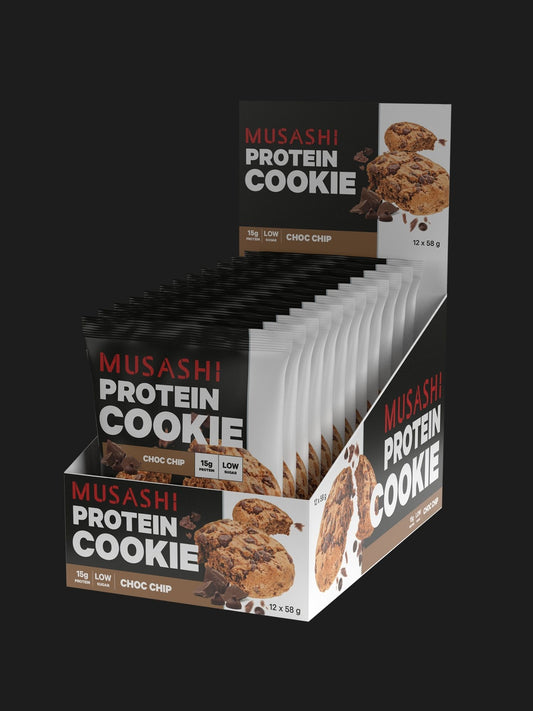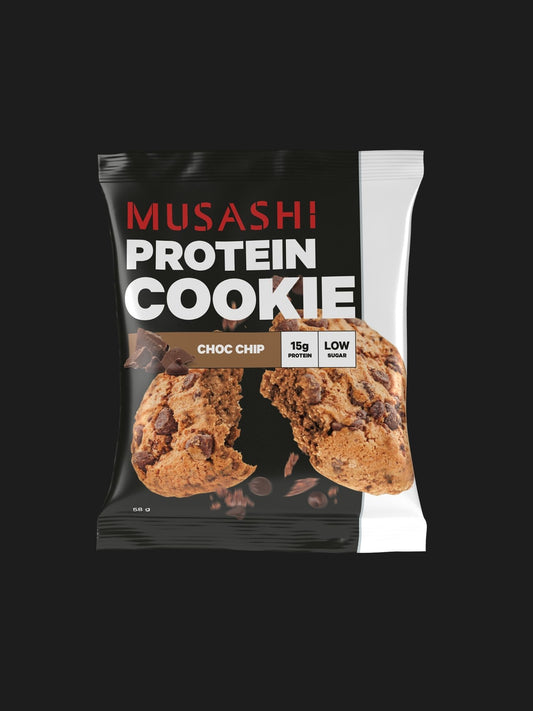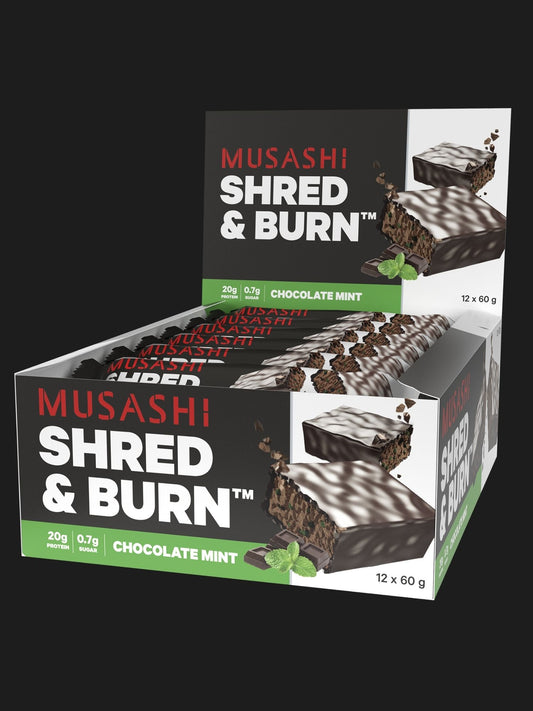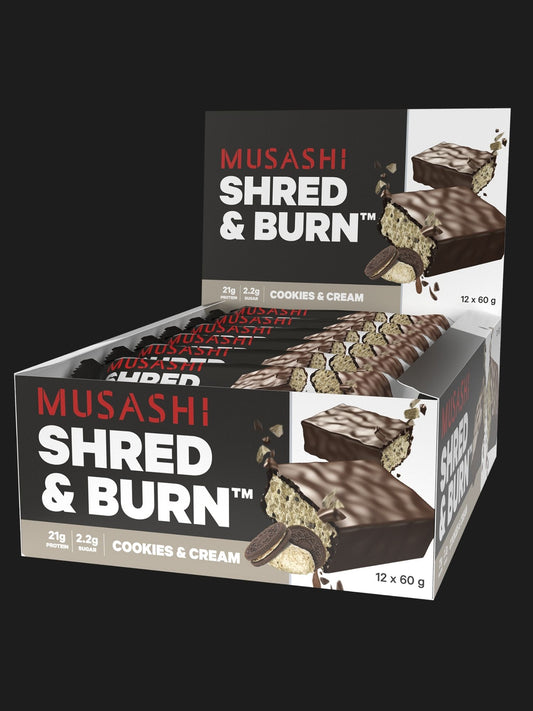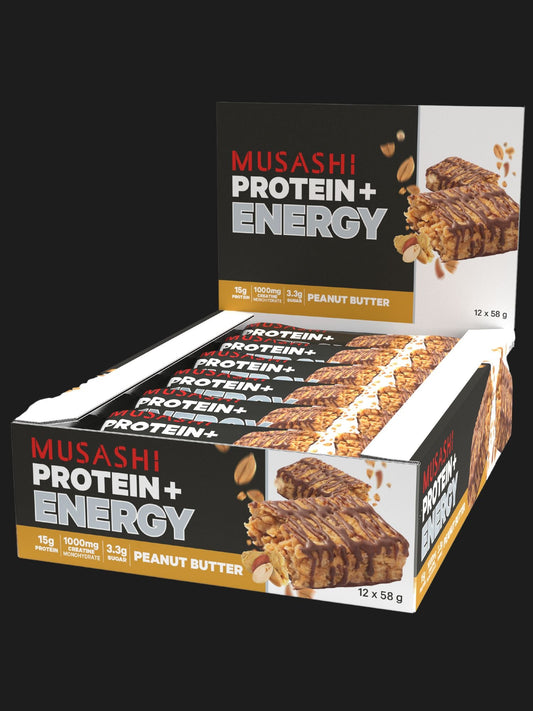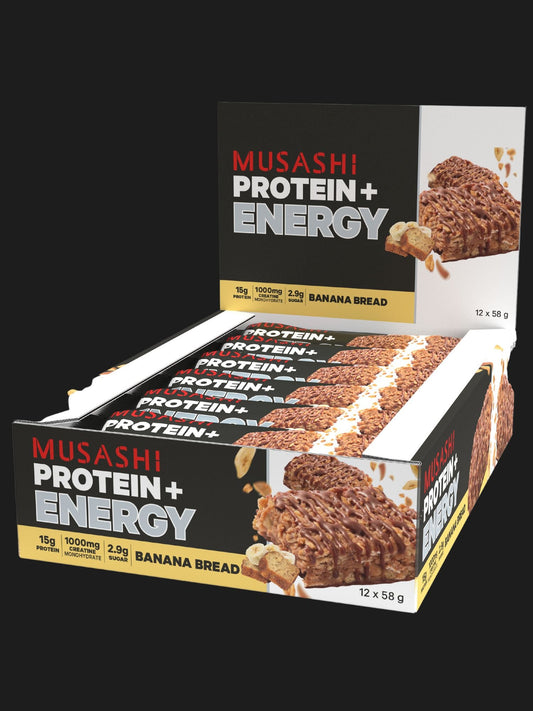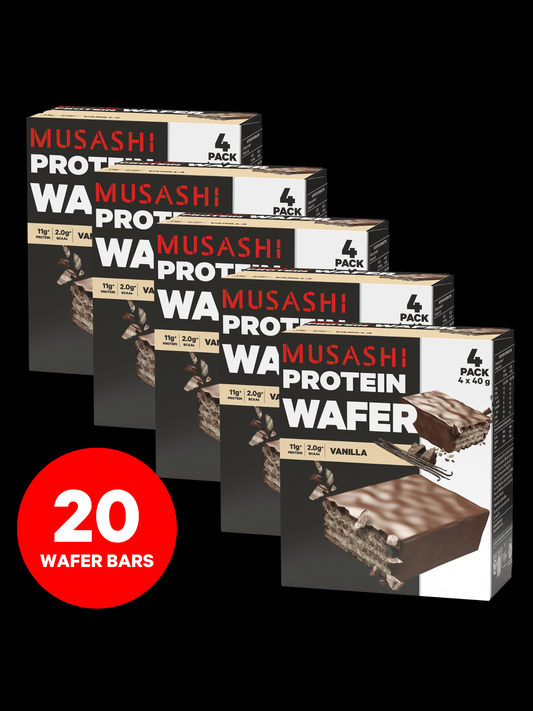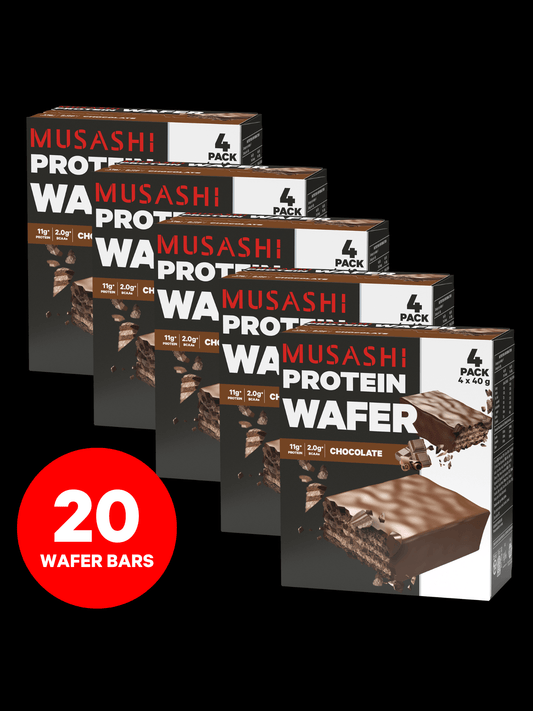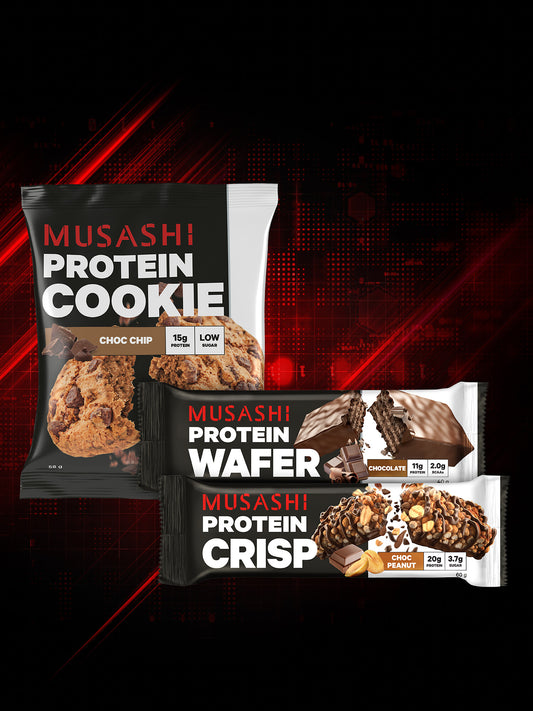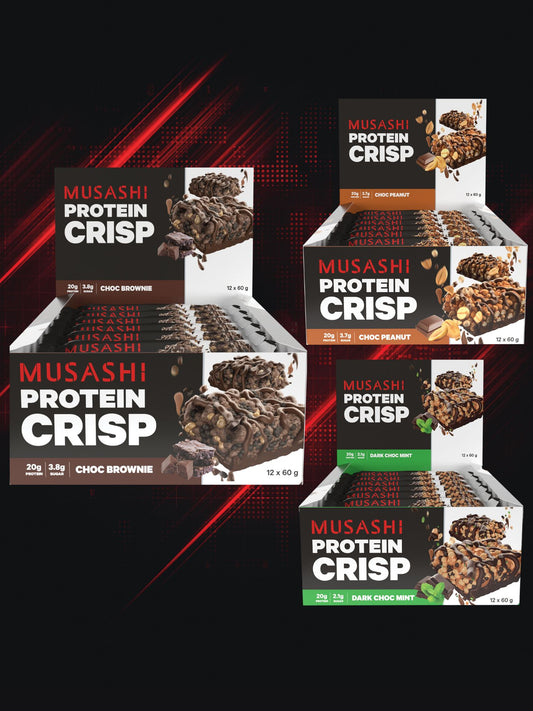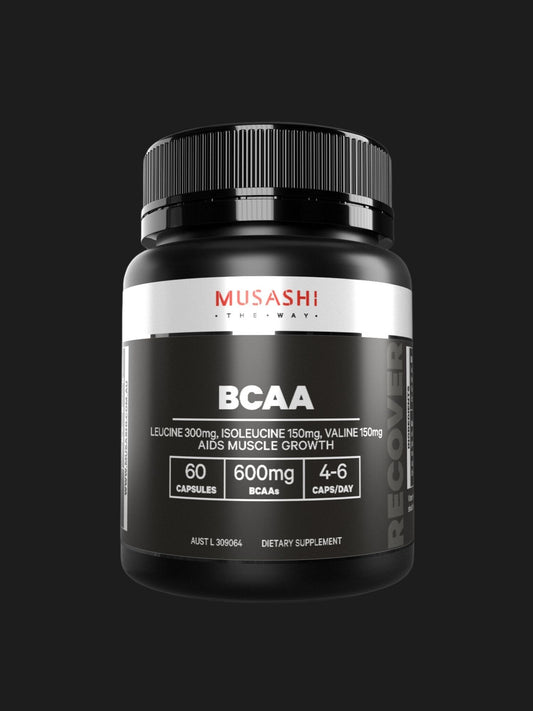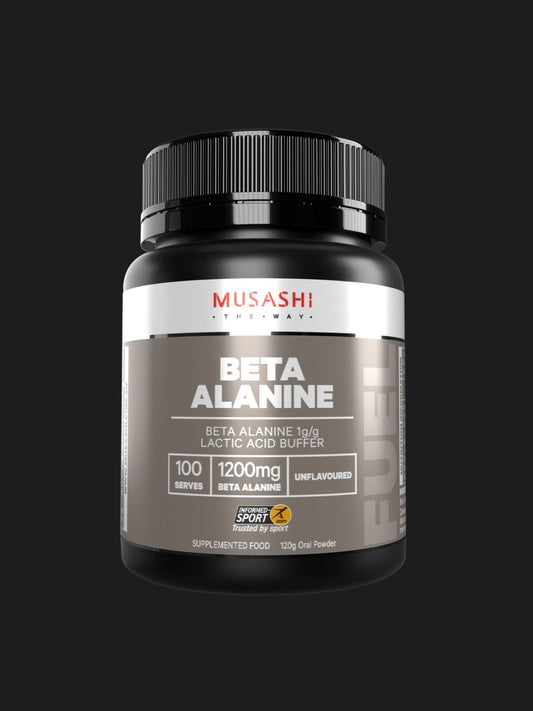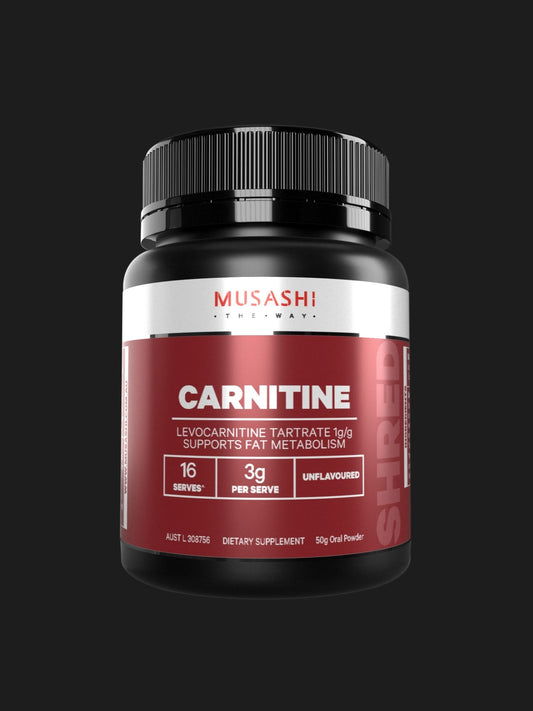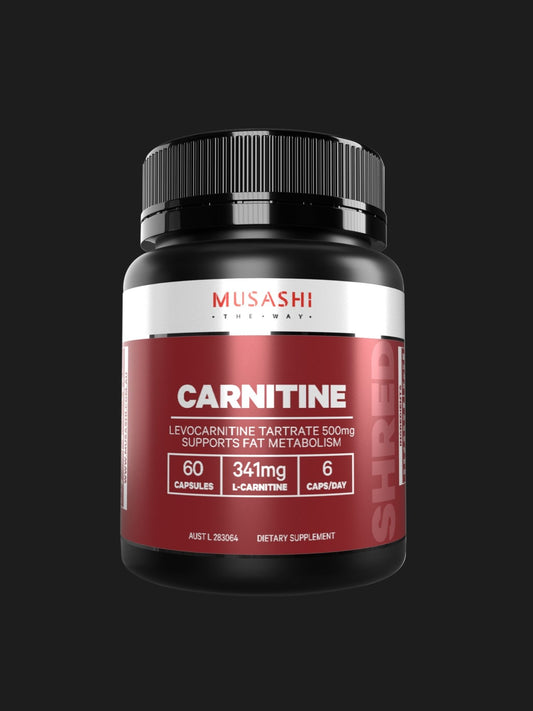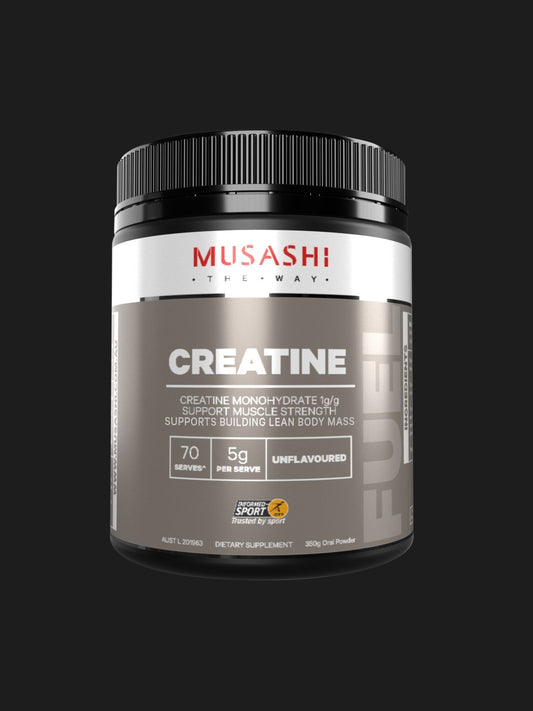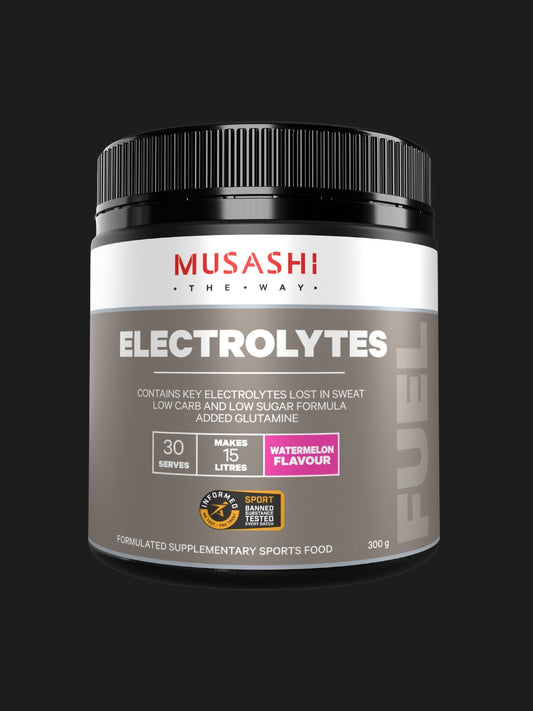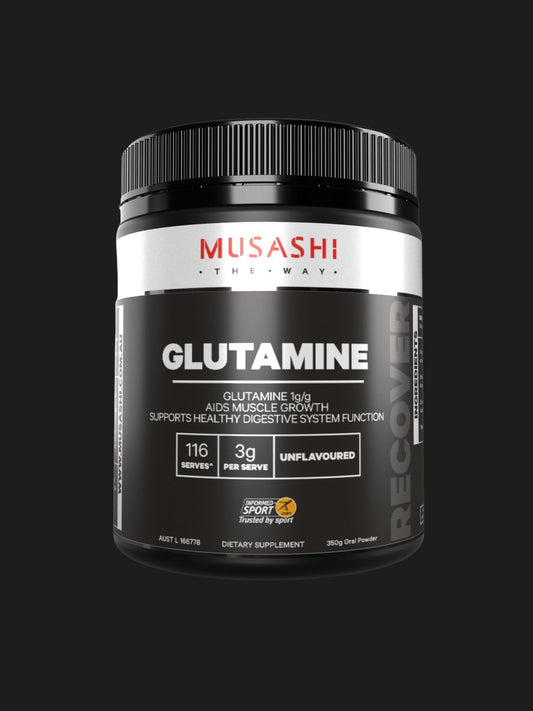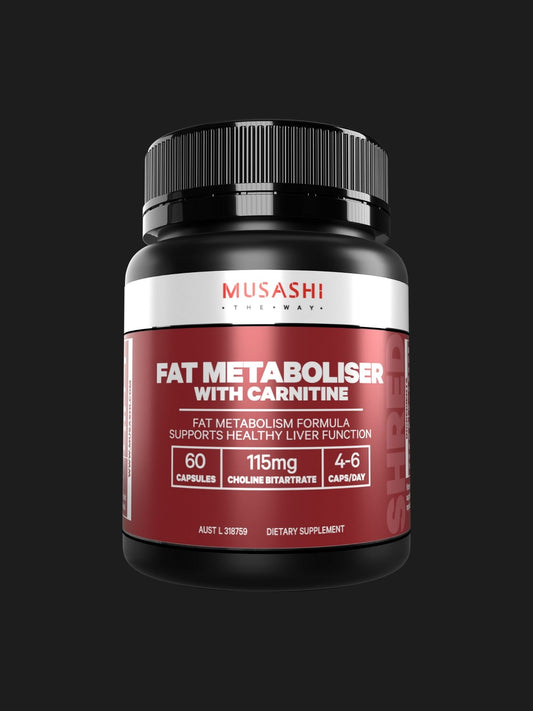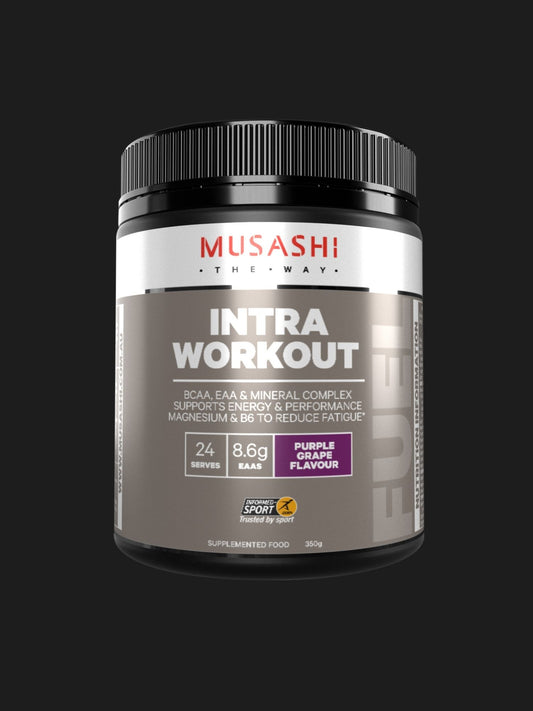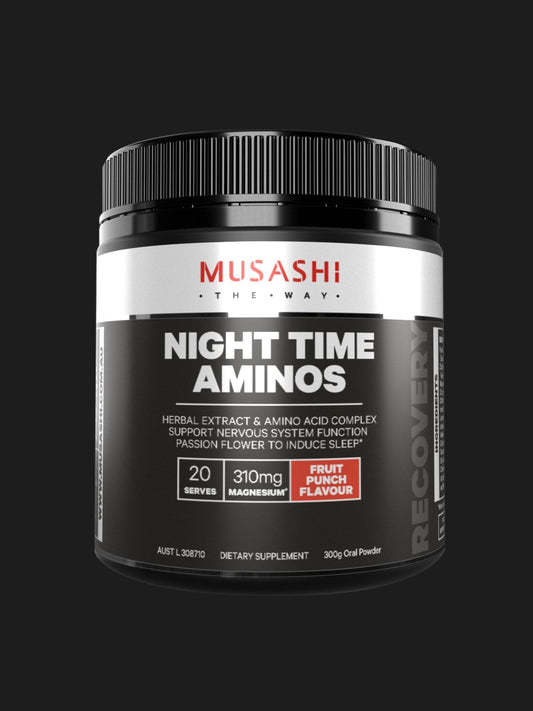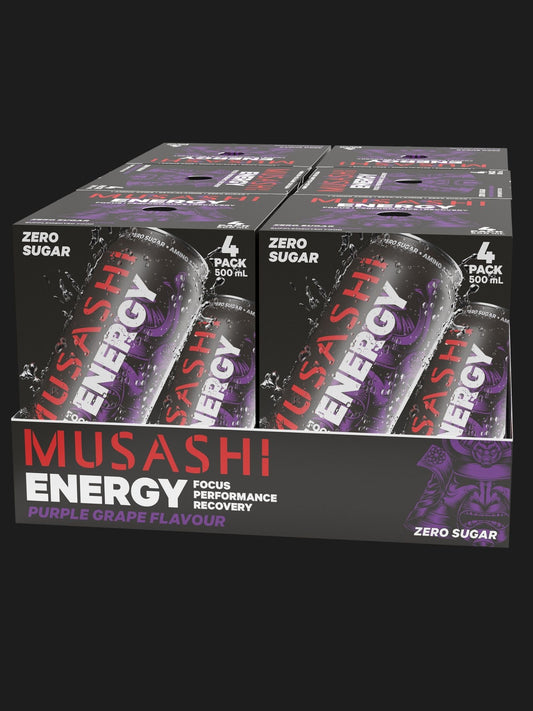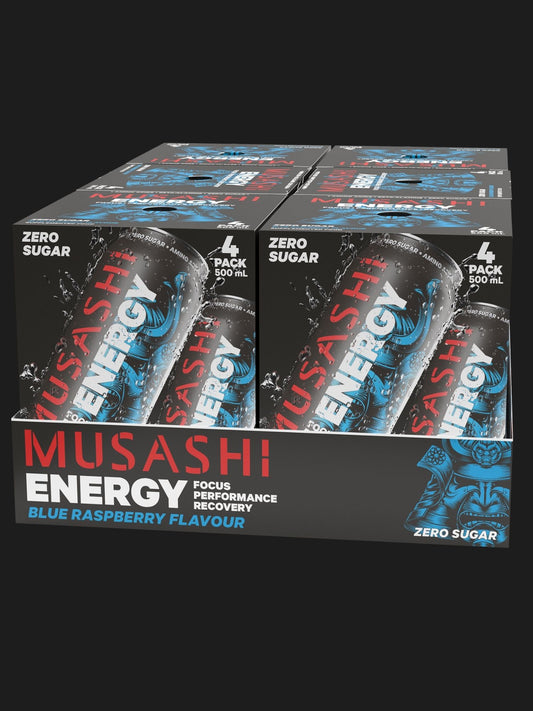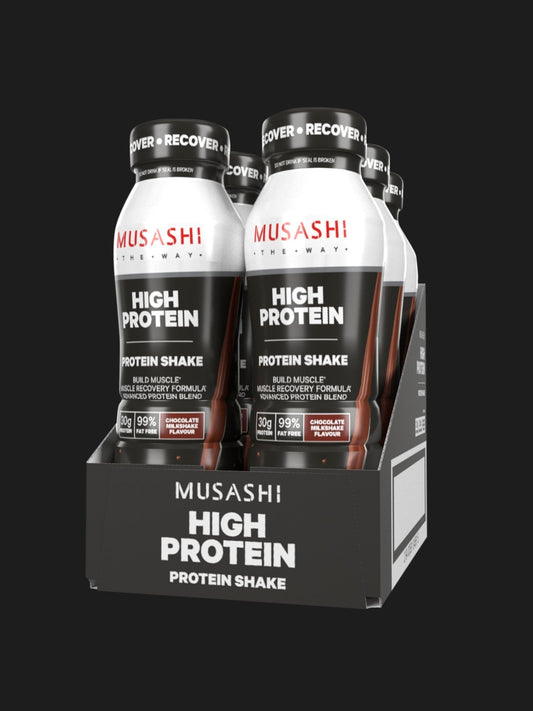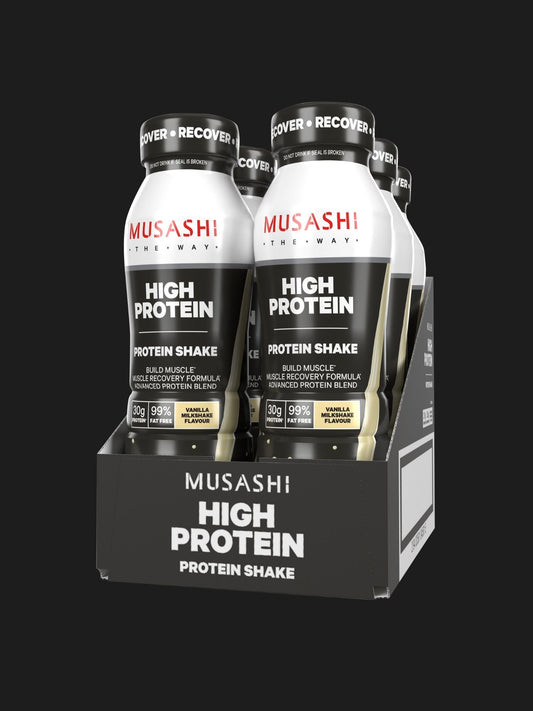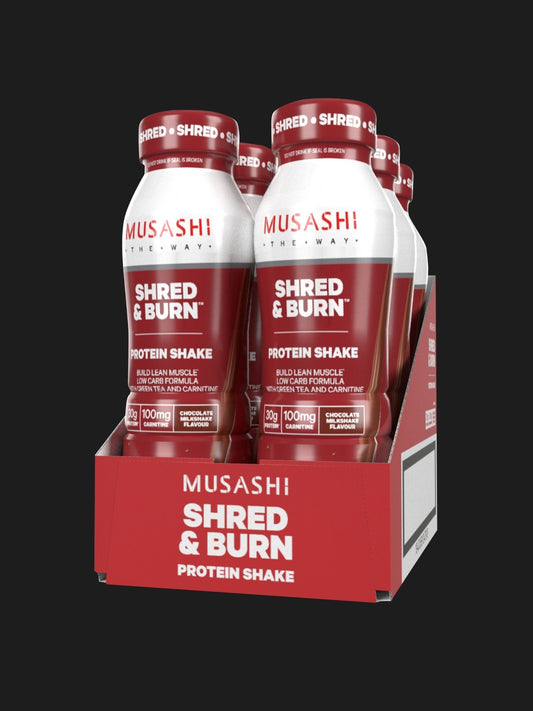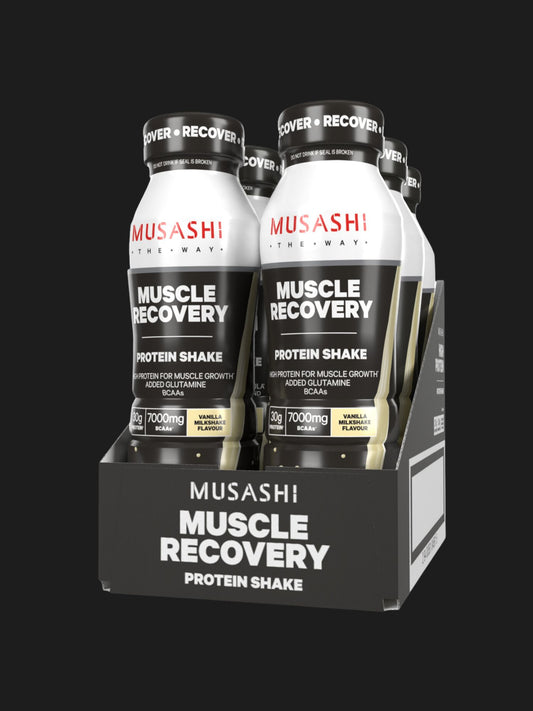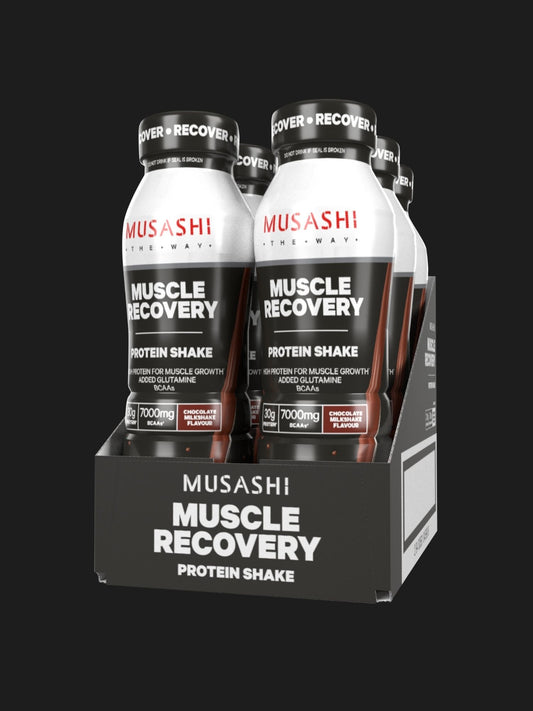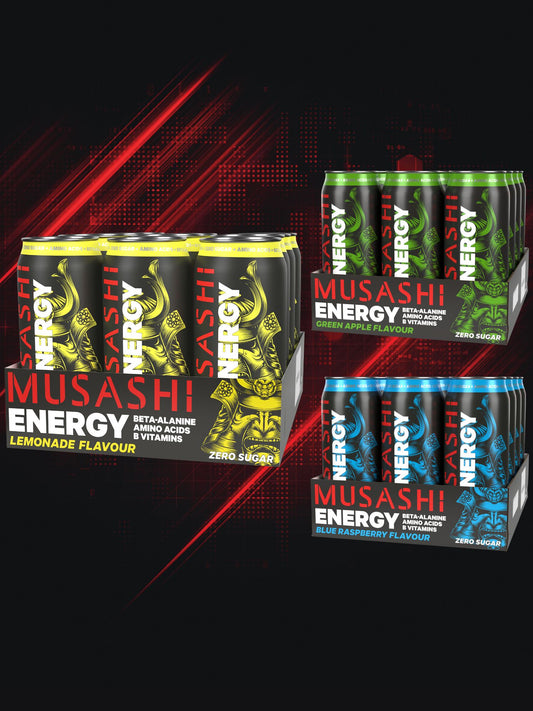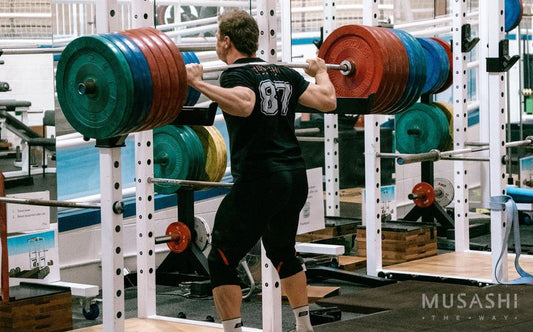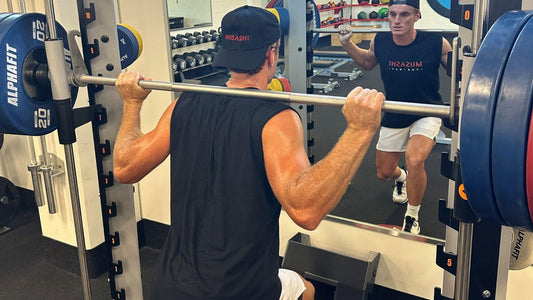
The ketogenic diet, aka the keto diet, is a low-carbohydrate and high-fat diet.
The keto diet requires that fat comprises 60-80% of your total daily calories. Protein makes up about 20% and carbohydrates take up the remainder (approximately 10%).
The intention of the Keto diet is to burn fat as fuel. Fat is the main source of energy consumed in this particular diet, the body is encouraged to burn fat as it’s main energy source ‘fuel’ and leave protein (muscle) and carbohydrate (energy). The process in which fat provides most of the fuel for the body is referred to as ketosis.
The body can naturally enter a ketosis state during times of severe energy restriction (e.g. starvation) or prolonged intense exercise, or when carbohydrate intake is reduced to around 50g per day, or less – which is equivalent to approximately two slices of bread or a banana.
Many popular diets encourage short stints of very low energy intake to bring on ketosis to assist weight loss. Other diets include: Low Carb High Fat (LCHF), Paleo and Atkins, but the Keto diet differs from these because it remains proportionately lower in carbohydrates, 20-50g per day, and less than 10% of total energy making sure the body is kept in a state of ketosis.
People often think they can eat an unlimited amount of meat to achieve ketosis, but this is not the case. Meats high in fat, such as bacon are allowed as part of the keto diet, however such meats are highly processed and have been linked with increased risk of heart disease. To stay as healthy as possible, keto dieters should eat plenty of low carbohydrate vegetables e.g. kale and cauliflower.
Louise Burke – Head of Sports Nutrition at the Australian Institute of Sport (AIS) and her team have conducted years of research in this area. They found robust evidence that a ketogenic low-carbohydrate diet will enhance fat loss, even in elite athletes within 3-4 weeks and possibly as little as 5-10 days. Although weight loss is achievable in the short term, the key to maintaining a healthy weight in the long-term is following a healthy eating pattern that is sustainable over time. Bearing this in mind, dietary recommendations should always be tailored to an individual – as everyone is unique, and what works for one person, may not work for another.
Nutrition advice for athletes needs to be personalised, practical and specific to the exercise. There are clear differences between a huge body builder and a tiny distance runner, and the energy needed to support their body mass might be at the opposite ends of the spectrum. Many foods are limited in the keto diet, carbohydrate rich foods such as starchy vegetables (e.g. potatoes), cereal, rice, pasta, legumes and fruit must all be limited and although you can eat sausages and bacon, you are advised to monitor the amount of saturated and processed fats you consume. Limiting these carbohydrates also limits fibre, which can cause gastrointestinal symptoms.
If you are contemplating giving the keto diet a go, make sure you weigh up the risks of impaired performance of higher-intensity exercise with the likelihood of an unavoidable depletion of carbohydrate stores.
Start by planning your daily meals and ensure you are eating at least two servings a week of fatty fish (e.g. salmon or sardines) and cook with a variety of quality fats (e.g. olive oil or avocado oil). Leafy vegetables including kale, spinach, bok choy and watercress are loaded with nutrients and they are also keto-friendly. Beware of hidden carbs, you may think dairy and nuts are a good way to meet your daily fat intake but watch out for the carbohydrate content of these foods. A single serve of yogurt alone can contain 25g of carbohydrates. Select a protein powder to complement your diet by selecting one low in carbohydrates e.g. Musashi Shred and Burn Protein powder or Musashi High Protein Powder and ensure you are filling up on the healthy proteins as well as healthy fats.
Caution: Speak to a Dietitian, Nutritionist or your GP to help you decide whether a keto diet is right for you.
https://dietitiansaustralia.org.au
Burke L (2020) Ketogenic low‐CHO, high‐fat diet: the future of elite endurance sport? The Journal of Physiology
